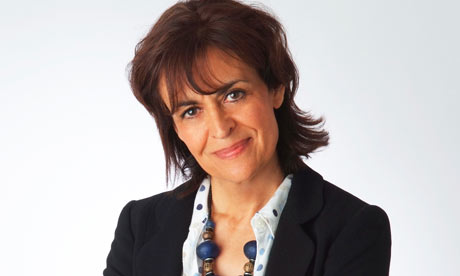
Why did you choose to write about this topic?
I wanted to annihilate the myth that torture can ever be justified and expose the fear and paranoia that have led to men and boys being abducted and harmed, stripped of their dignity, denied the chance to defend themselves in a court of law and held indefinitely, often in solitary confinement, while governments spread the propaganda that these methods keep us safe and secure. They are lies.
Is Guantanamo a necessary evil?
Necessary evil is a preposterous notion. A warped idea I refuse to entertain. How can we make things better and improve the lives of everyone associated with Guantanamo is what we should be discussing. Necessary good is what's needed now. Or how about necessary magnificence?
Do you think Guantanamo encourages, deters or has no effect on potential terrorists?
Whether the prison serves as a recruiting tool or not has been endlessly debated and the conjecture is in many ways irrelevant and a distraction from the real issue of the lack of follow through from Obama's many promises to close it down. It's ironic that George W Bush tore the American constitution to shreds by creating Guantanamo, instituting and condoning torture with disregard to Congress yet Congress can't be sidelined or ignored when it comes to doing the right thing and closing it.
Do you believe that a facility like Guantanamo could exist under US control were it not for the legal black hole that exists in the territory?
Legal black holes are the norm when it comes to the "war on terror". They exist in every territory.
To what extent do you believe the erosion of human rights as a consequence of the war on terror presents a threat to human liberty in the future?
The biggest threat to liberty comes from our own minds and the inability to accept we are powerful and not powerless. When we realise that everything we do, think and say has a consequence, negative or positive, then we'll begin to act differently and things will change for everyone. The human spirit can't be eroded, killed, diminished, altered or restrained by weapons, drones, legislation or spying. It's up to each of us to speak for those who are unable to defend themselves, to imagine peace and decide to live in harmony. By doing so the world will become a kinder, more loving place. It's not an easy choice to stand up and be counted in the face of warmongering politicians and those who try to justify violence as a way of bringing peace to divided nations but it's more necessary now than ever.
What action, if any, do you believe the international community should take to put pressure on the US to shut the facility down?
More than a hundred human rights organisations including Amnesty International have pressured the US to close Guantanamo. Many brilliant lawyers, politicians, journalists and filmmakers from around the world have spoken out against the prison. Reprieve have devised a simple nine point plan to shut the place yet the 166 men including the 86 who have been cleared for release since 2009 remain in constant limbo. The British government has requested the return of the last Briton in Guantanamo, Shaker Aamer, who was cleared for release six years ago and has never been charged with a crime but the US has done nothing. Everyone must keep demanding justice. Keep signing petitions. Keep shouting.
Sean Kemsley was a winner of the Amnesty Young Human Rights Reporter competition, run in conjunction with the Guardian. To find out more visit www.amnesty.org.uk/youthawards

